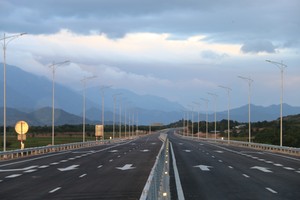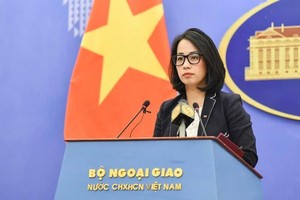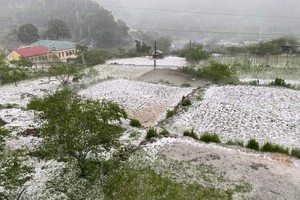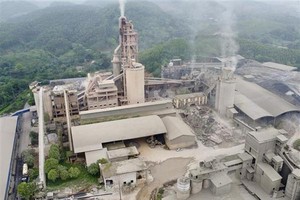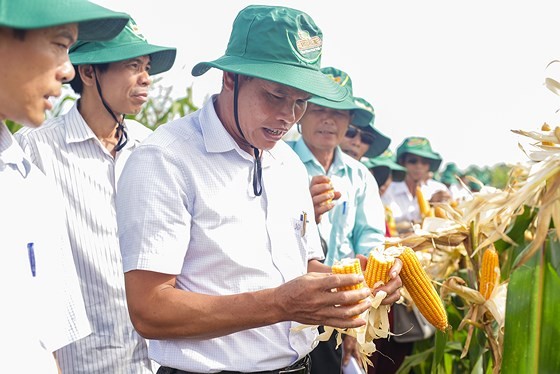
Bayer is a German corporation which has been present in Vietnam for 24 years mainly in the field of agriculture.
In a letter to the press, the Monsanto Group confirmed that after the deal was completed, Monsanto would merge with Bayer and the Bayer Group expected the deal would be completed within two months.
At present, all of Monsanto's business activities are still intact due to compliance with the conditions set forth by the US Department of Justice when approving the deal, and Monsanto Group will continue to operate independently and separately. with the Bayer Group until the latter completed the sale of some of its business branches to BASF, the letter stated.
In 2016, the two groups Bayer (Germany) and Monsanto (the United States) announced the historic merger in which the Bayer Group would buy the US agricultural giant Monsanto at the price of US$ 66 billion.
This deal was much larger than that of China Chemical Group (ChemChina) acquiring Syngenta Group (Switzerland) for US$ 42 billion in cash. Prior to that, Monsanto had wanted to acquire the Syngenta Group.
Merging between agricultural and chemical corporations has been a trend globally in recent years
